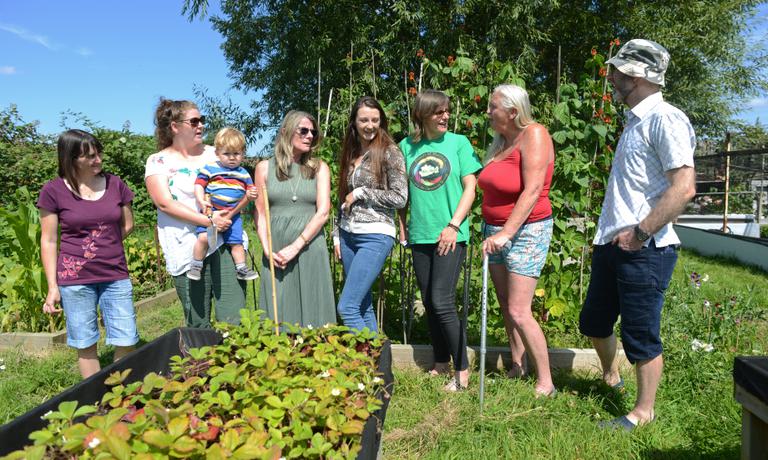There has always been a digital divide – the inequality between who does and does not have access to the technology that gets them online. This matters because being online is the easiest (and sometimes only) way to fully participate in social, economic and political life. It covers so many aspects of daily life, from online socialising, to online banking and meetings.
This has become even more of a problem since the Covid-19 pandemic. Even out of lockdown, many more aspects of daily life, from services to social lives, are now still online.
There are several reasons for digital exclusion, including a lack of digital skills (or confidence), the cost of digital devices or just not being able to afford phone data or home broadband. This means that digital exclusion affects people in low-income households the most.
While many older people in particular lack online access, which can seriously limit their access to services and social connections, there are many others, regardless of age who are also seriously affected. Digital exclusion is not just about digital capacity, it is also rooted in a lack of access to devices and data and can affect many younger people too. Other people without digital access lose out on social connections but the digital divide also affects skills development and job opportunities. All these issues have implications for mental and physical health.
Digital exclusion also has a direct impact on health, for example if you can’t book a Covid jab, order a prescription or access healthcare information services or support groups.

Stating the facts
- 10 million adults do not have even the most basic of digital skills
- 14.9 million adults in the UK have very low digital engagement – meaning they don’t use the Internet regularly, or only for very limited purposes
- 12% of 11 to 18-year-olds have no home internet access from a computer or tablet.
- 34% of UK internet users go online to manage their mental or physical health.
Our work on digital inclusion
Digital inclusion is connected to several other health factors, such as education and skills, jobs and income, and social connections. At the Trust, we see digital exclusion as an important issue in its own right, as it becomes more of a barrier to participation in many aspects of life. Our funded partners have told us how big an issue this is for many people, and we have responded by running some workshops with the Good Things Foundation, supporting our funded partners them to help reduce digital exclusion in their neighbourhoods.
If you lack confidence, don’t speak English, or you’re not digitally skilled, you can feel like your kids think you’re nothing. I can’t tell you how powerful it is when a mother takes back her pride and finds her confidence again. When they learn something new… everything changes
Leyla Laksari,
CEO, Living Under One Sun, Active Communities.


Local Conversation in Merstham
Residents in Merstham, Surrey, led activities and projects in the area in order to tackle their priorities, which are: parks and green spaces; activities for local people; digital inclusion; and mental health
The research on digital inclusion and health
Building a Digital Nation, Good Things Foundation, 2024.
Health Inequalities and Digital Exclusion, Good Things Foundation and The Health Foundation, 2021.
Essential Digital Skills survey, conducted by Ipsos MORI on behalf of Lloyds Bank.
